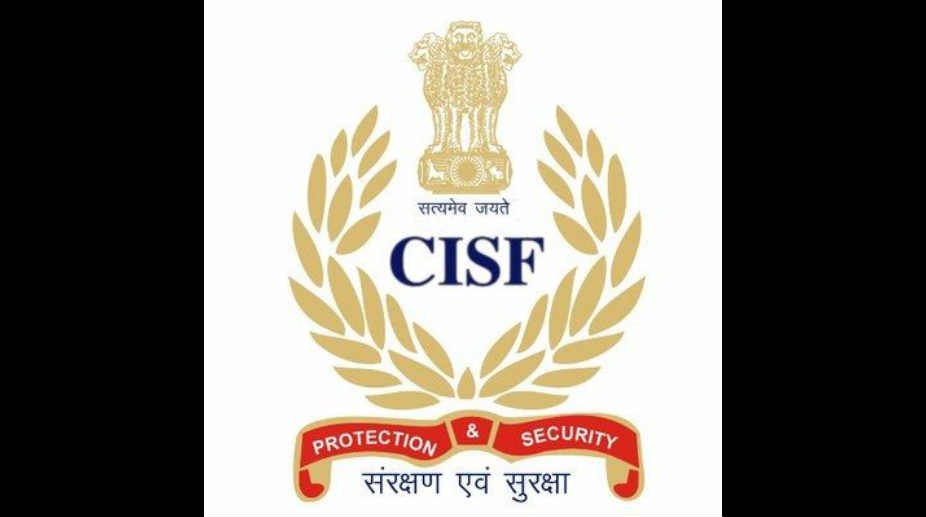CISF jawan found hanging at city airport
Body of a Central Industrial Security Force (CISF) jawan was found hanging inside the international cargo barracks of Netaji Subhas Chandra Bose International (NSCBI) Airport on Wednesday morning.

CISF logo
There is reason to commend the home ministry’s endeavour to extend the coverage of the Central Industrial Security Force (CISF) to all civil airports in the country.
Having handled the security duties at some important airports for quite a few years the CISF has acquired much experience, and hopefully a degree of expertise too, in the specialised task.
Advertisement
With the regional connectivity scheme gaining ground, it was a risk to have different agencies manage the security at various airports ~ the need for uniformity cannot be over-emphasised since terrorists and other trouble-makers could easily strike at airports where less-expert agencies are in charge.
Advertisement
The proposal is for a unified, focused, command structure: and hopefully the force will earmark a select group of personnel specially trained in airport-related duties, and set about upgrading the personnel though specialised training and re-training.
The CISF now operates on several fronts, and while an interchange of personnel does make for administrative convenience, airport duties are vastly different from protecting public sector industrial units, or for that matter the operations on the Delhi Metro.
At the same time officers dedicated to airport duties must be assured of equal promotion opportunities. There will have to be an aviation-oriented operational philosophy developed, the personnel should not consider themselves mere “cops on airport duty”.
Close cooperation with the airport management, maybe the airlines too, could promote the desired attitude ~ else some cops might resent being denied more advantageous postings.
The ministry plans for the CISF to take over all airports in two years, presently 39 airports have other Central forces, or the local police, doing what should be a specialised job ~ one example being the staff at the immigration counters serving as the first face of Indian authority that foreign tourists run into; a favourable impression is desirable.
While considerable attention is paid to policing the terminal buildings and passengers, there is much potential for mischief on the air side too. Cargo complexes, and the baggage-handling staff can easily be compromised or penetrated, aircraft at parking bays are sitting ducks and at some of the less-busy airports, even the perimeter fencing has gaps ~ as some wildlife has proved.
If the home ministry’s proposal is approved by the Cabinet Committee on Security, the CISF will assume huge responsibilities. Action needs to be initiated immediately, adequate funding made available so that training projects are launched without delay.
The CISF officials at the airport will also have to learn to interact with other agencies and the airlines, there should be no scope for petty turf wars. The CISF will also have to make a determined effort to bring the local police, its traffic and intelligence wings on the same net.
Though a specialised task, airport protection cannot be attained in isolation: neither security nor mischief can be as compartmentalised as a bureaucrat’s files.
Advertisement